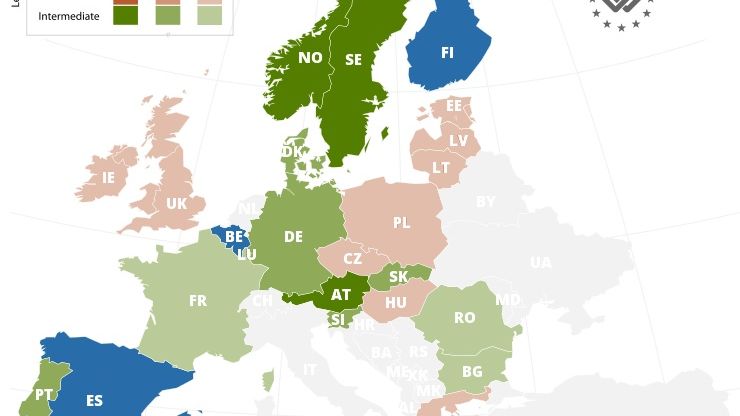Understanding Europe’s wage-setting mechanisms
While arrangements for wage setting remain the competence of the social partners in line with national industrial relations practices, increasingly they are becoming part of a coordinated approach to macroeconomic policies in the Economic and Monetary Union (EMU). Eurofound publishes a unique database on collective wage bargaining levels and outcomes in all EU Member States over the past decade.


